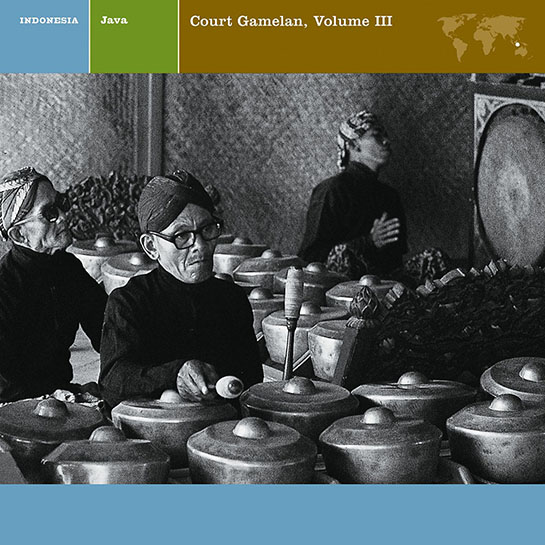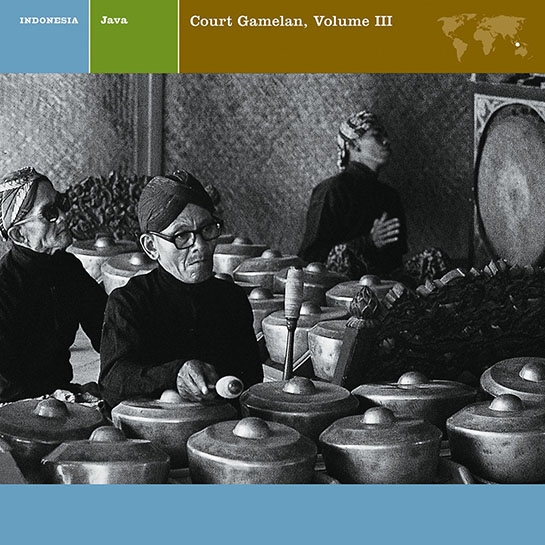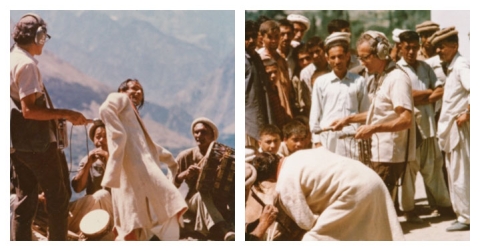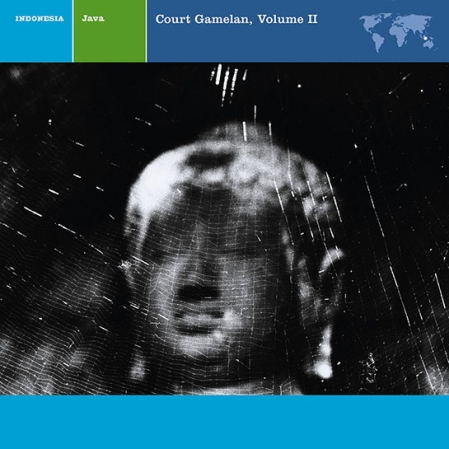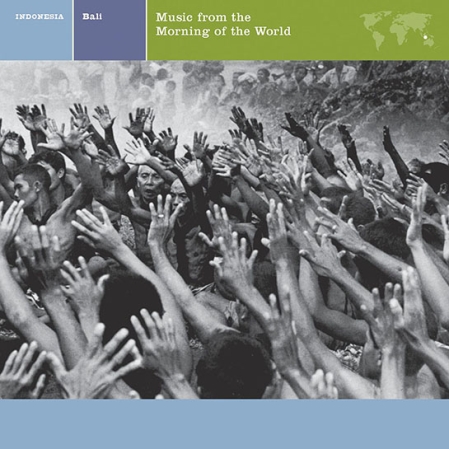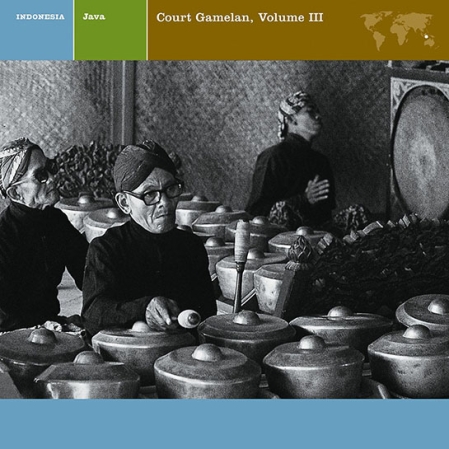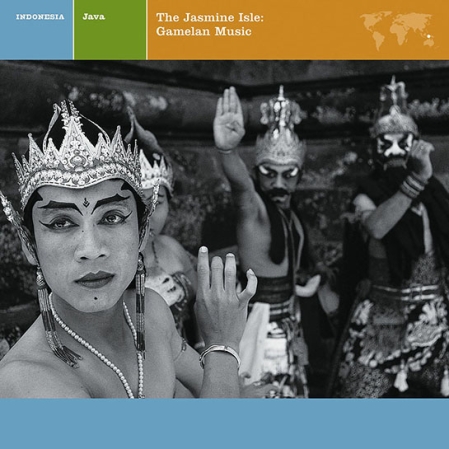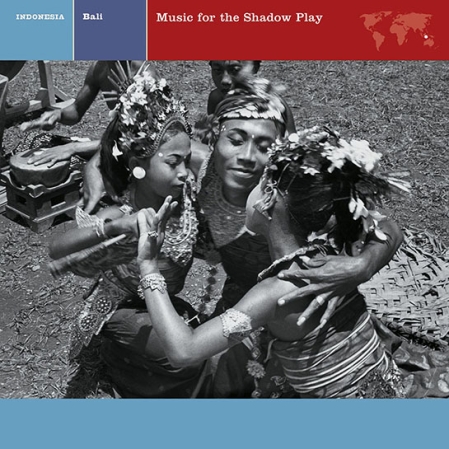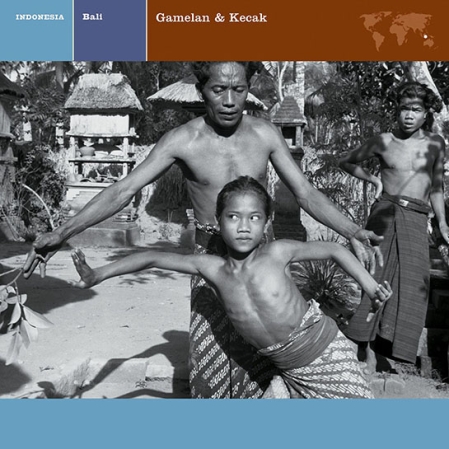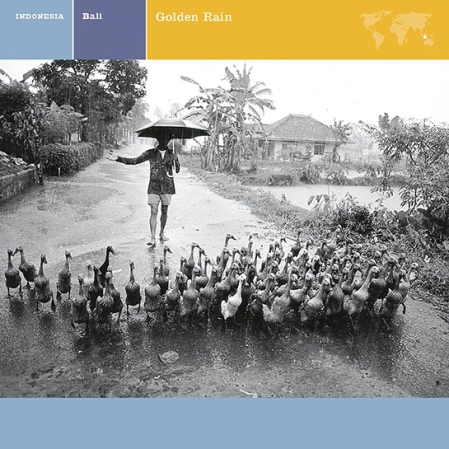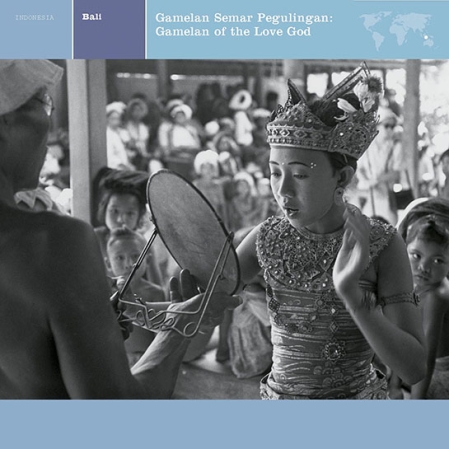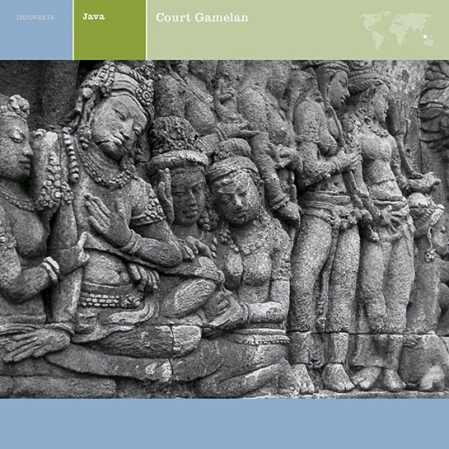This third installment of the Court Gamelan series focuses on the Kraton Yogyakarta, where the Yogyanese style is preserved in its most traditional form. The selections here draw from a wide range of purposes, including processional pieces for the arrival and departure of the sultan, accompaniment for dance dramas, and music for classical solo female dance.
FROM THE ORIGINAL LINER NOTES (1979):
The music of the gamelans from the four royal courts of Central Java presents one of the great classical traditions of Asia. This recording presents the music of the Kraton Ngayogyakarta Hadiningrat, commonly known as the Kraton Yogyakarta, where the Yogyanese style is preserved in its most traditional form. The divisive policy of Dutch colonialism had the unforeseen effect of fostering the performing arts in the protected atmosphere of the courts. The new Yogyanese court strove to produce styles of music, dance, and shadow play that were distinctive from the Surakarta styles, while not diverging radically from the shared tradition.
Recorded in the Kraton Yogyakarta by Robert E. Brown
79722
